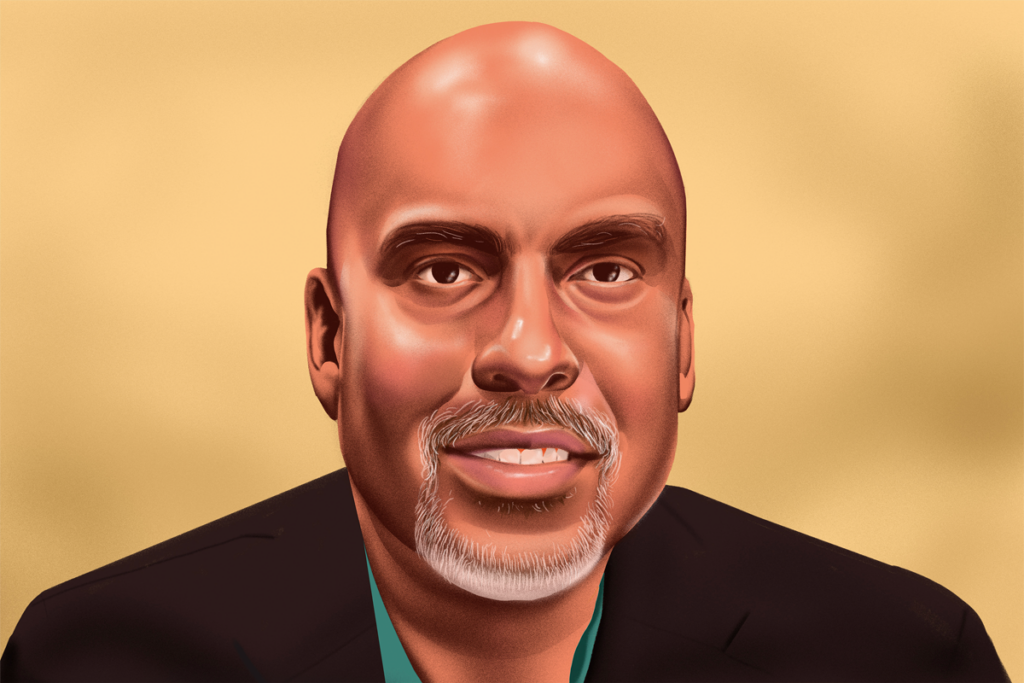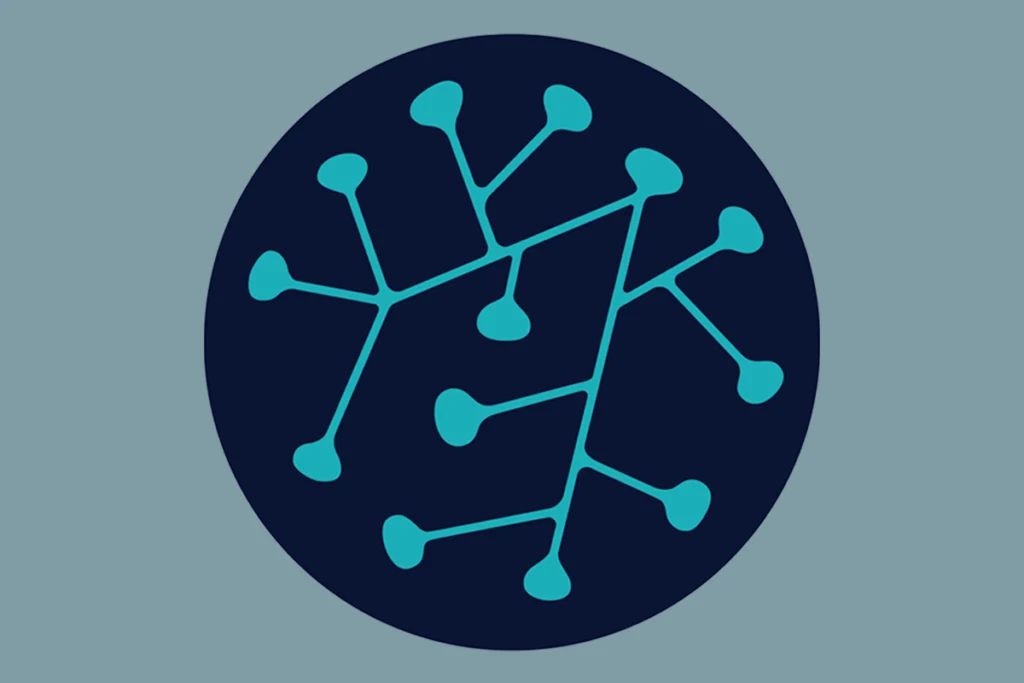Brady Huggett is features editor at The Transmitter, where he writes and edits features and long-form projects. He is also the creator and host of the “Synaptic” podcast. Before joining The Transmitter in 2022, he served as business editor at Nature Biotechnology, and prior to that was the managing editor of BioWorld.

Brady Huggett
Features editor
The Transmitter
From this contributor
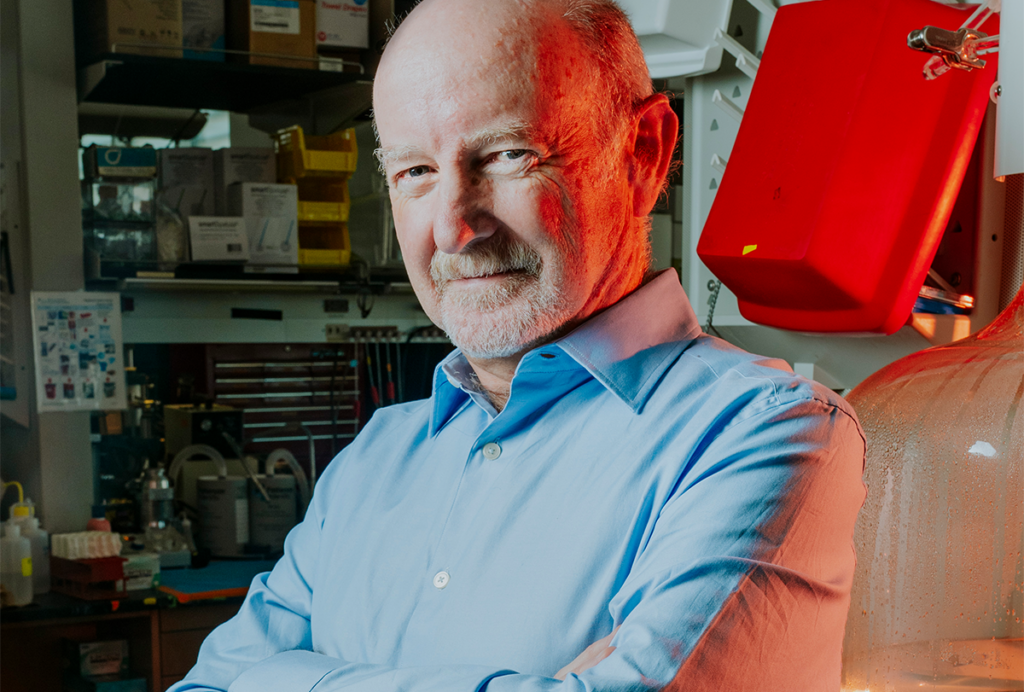
Releasing the Hydra with Rafael Yuste
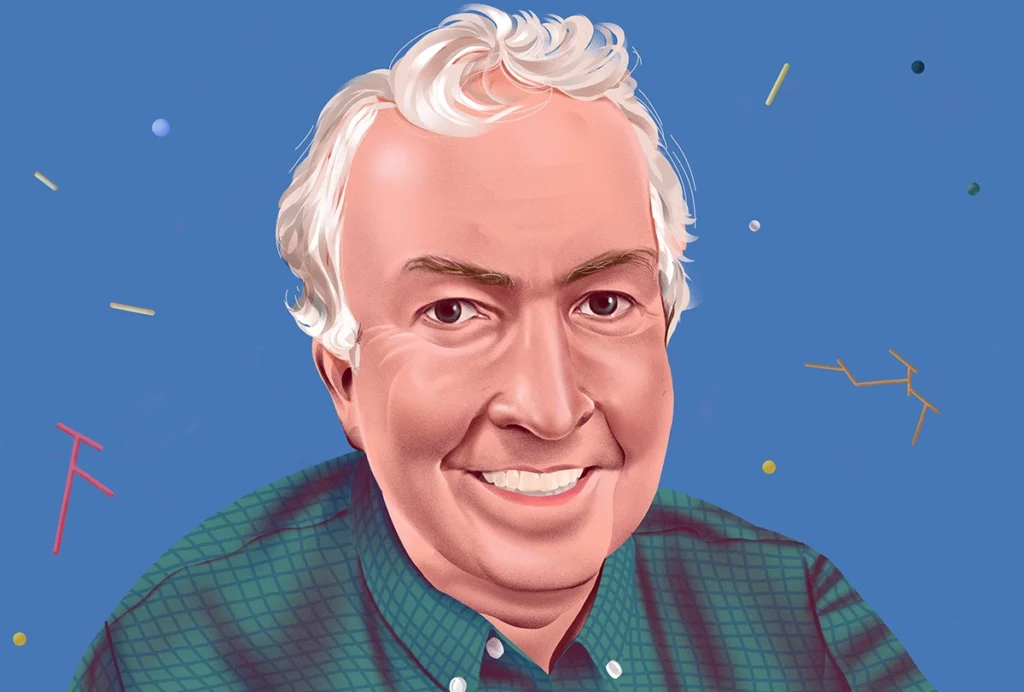
Timothy Ryan on his pivotal switch from studying particle physics to decoding synaptic transmission
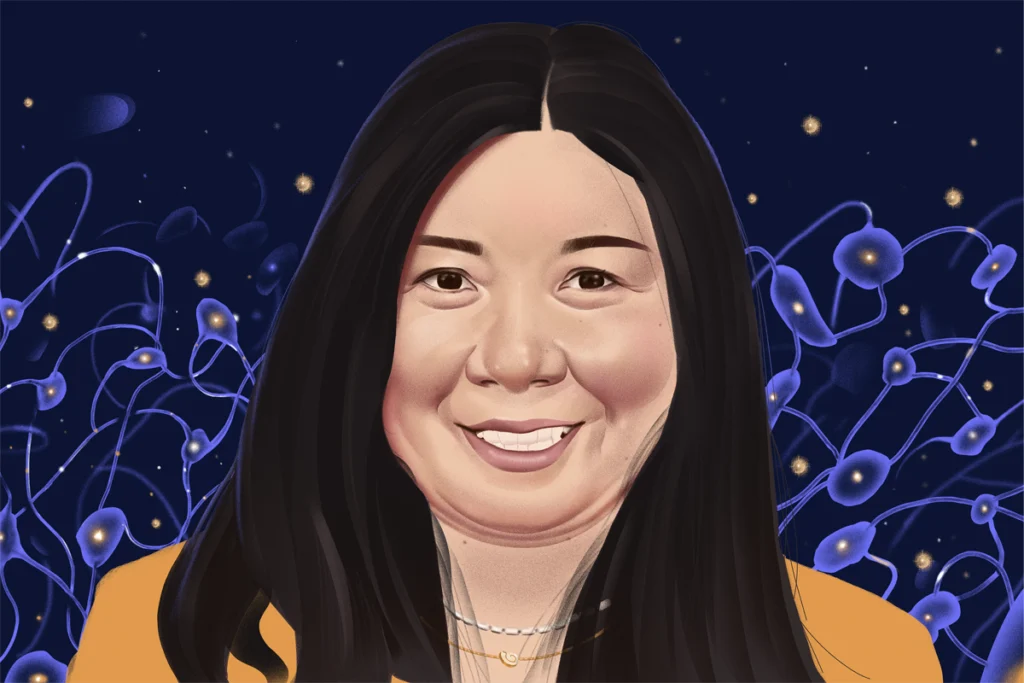
Biosensors and being fearless with Lin Tian
Education
- M.A. in creative writing, The New School
- M.A. in journalism, University of North Carolina at Chapel Hill
- B.S. in biology from Wake Forest University in Winston-Salem, North Carolina
Explore more from The Transmitter
Two primate centers drop ‘primate’ from their name
The Washington and Tulane National Biomedical Research Centers—formerly called National Primate Research Centers—say they made the change to better reflect the breadth of research performed at the centers.

Two primate centers drop ‘primate’ from their name
The Washington and Tulane National Biomedical Research Centers—formerly called National Primate Research Centers—say they made the change to better reflect the breadth of research performed at the centers.
Post-infection immune conflict alters fetal development in some male mice
The immune-conflict between dam and fetus could help explain sex differences in neurodevelopmental conditions.

Post-infection immune conflict alters fetal development in some male mice
The immune-conflict between dam and fetus could help explain sex differences in neurodevelopmental conditions.
Three ecological psychologists on the right and wrong ways to use the field’s principles in neuroscience
Matthieu de Wit, Luis H. Favela and Vicente Raja weigh in on the recent trend of neuroscientists importing concepts from ecological psychology, the study of how an organism’s interactions with its environment explain perception and action.
Three ecological psychologists on the right and wrong ways to use the field’s principles in neuroscience
Matthieu de Wit, Luis H. Favela and Vicente Raja weigh in on the recent trend of neuroscientists importing concepts from ecological psychology, the study of how an organism’s interactions with its environment explain perception and action.
